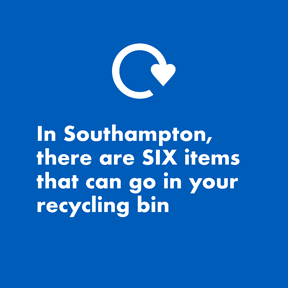Independent living
Your home and living situation should enable you to have as much independence as you can. This means making sure you have the right support to make this happen.
Housing Options
Living independently doesn’t mean living on your own or without any support. Each person will need a different amount of support to maximise their independence. For some, this means having support throughout the day and night. Others might only need occasional support for a few hours per week.
Some of the different housing options which might be available to you are:
Supported living SHOW
Shared Lives SHOW
Staying in your family home SHOW
Residential care SHOW
Renting from the council, a housing association or private landlord SHOW
Buying your own home (called the ‘HOLD’ scheme) SHOW
Support from adult social care
Wherever you decide to live, you might need support to meet your needs and work towards outcomes that are important to you.
We can assess whether you are eligible for support. We will find out what your needs and strengths are. Then we will work with you to identify what is the best way to meet your needs and use your strengths. This might include a range of services including:
- Support in your home
- Day Services
- Short breaks or respite
- Local community activities
If you are eligible and have had an assessment, we will offer you the choice of a personal budget to pay for your care and support.
One of the options for using your personal budget is to take the money yourself and buy your own support. This is called a Direct Payment. It can be more flexible in choosing services that better meet your needs and circumstances.
Depending on your circumstances, you might have to pay a contribution towards the cost of your support.
Decision making
It is important that you have as much control over your life as possible. We want to make sure that your voice is heard when decisions are being made which might affect you.
When you turn 16 you are presumed to have mental capacity. This means that you are able to make choices about your own life. It does not mean that you have to make decisions on your own without support.
Your family, friends, and professionals will be there to support you. You might also want support from an independent advocate. They will be able to help you understand decisions and put forward your views.
Find out more about advocacy.
Some people might not have the capacity to make certain decisions. Where this might be the case, a mental capacity assessment will be completed. The Mental Capacity Act provides the principles and guidance in these situations.
Money management and benefits
Some people need help to make the most of their money. This could be advice on how to budget, getting the benefits you are entitled to, or dealing with debts.
You may be able to receive help with your living and housing costs through benefits. This will depend on your own circumstances and the rules around who is eligible.
For more information, visit our benefits pages.
Help with transport
Our easy read transport guide is designed to help those with learning disabilities travel around Southampton. It includes information about planning your journey, using public transport and staying safe.
View our easy read transport guide.


